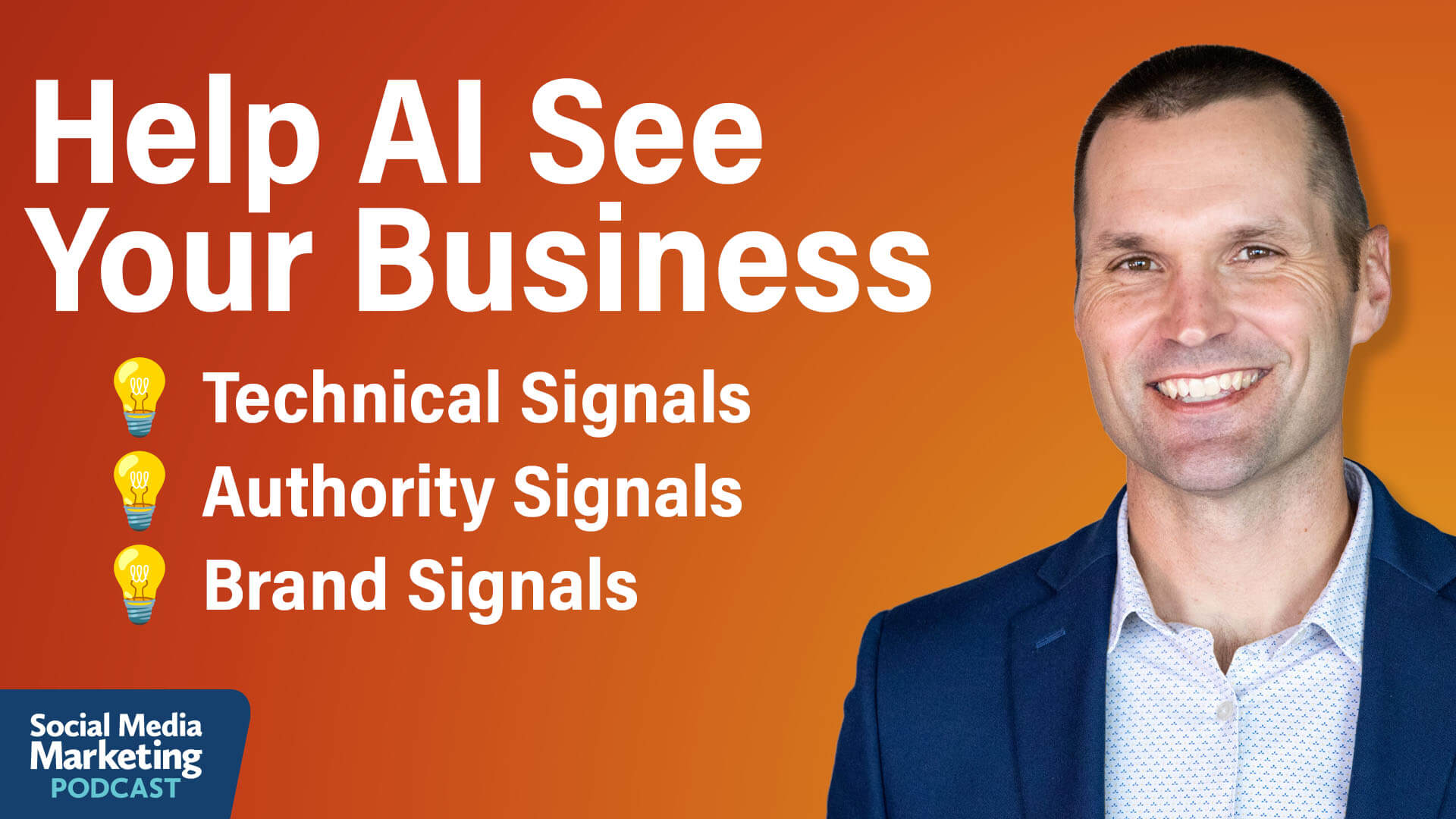Over the years working in the client-servicing industry, I have personally realized that in the B2B world, relationships are not just transactional; they are foundational. A strong client relationship can mean the difference between a one-off project and a long-term partnership. But what does it really take to cultivate these connections and relationships? Let’s break it down.
What Does Having Great B2B Relationships Mean Exactly?
At its core, a great B2B relationship is about building and maintaining trust, mutual respect, and shared success. It’s when your clients see you not just as a “vendor” but as a trusted partner who genuinely cares about their growth. I would say that it’s about being there for the long haul, consistently delivering value, and making your clients feel heard, understood, and supported.
Differences Between B2B and B2C Businesses
Understanding the differences between B2B and B2C businesses is essential for tailoring your strategies and operations to meet the needs of your target market. While both models involve delivering value, the audiences, buying behaviors, and sales cycles are fundamentally different, requiring distinct approaches to marketing, customer relationships, and service delivery.
- Target Audience:
- B2B: Targets businesses, organizations, or professionals looking for products or services to improve their operations or solve specific business challenges.
- B2C: Focuses on individual consumers seeking products or services for personal use or enjoyment.
- Sales Cycle:
- B2B: Often involves a longer, more complex sales cycle with multiple decision-makers and approval processes.
- B2C: Typically has a shorter sales cycle, with purchasing decisions made more quickly and often impulsively.
- Purchase Motivation:
- B2B: Decisions are driven by logic, ROI (return on investment), and long-term benefits for the company.
- B2C: Purchases are often emotional, driven by personal preferences, brand loyalty, and immediate gratification.
- Marketing Approach:
- B2B: Relies on relationship-building, personalized outreach, and detailed content like white papers or case studies to address pain points.
- B2C: Focuses on broad-based marketing, leveraging social media, advertising, and emotional appeals to capture attention and drive sales.
- Price Points:
- B2B: Often involves higher price points and bulk purchases, negotiated contracts, and long-term agreements.
- B2C: Prices are usually lower, catering to individual or small-scale purchases with straightforward pricing.
Despite their differences, both B2B and B2C models share a common goal: delivering value to their customers. Success in either model depends on understanding your audience’s unique needs and crafting a strategy that aligns with their expectations and decision-making processes. By tailoring your approach to the nuances of each, you can maximize your effectiveness and achieve better results in your business operations.
Understand Your Clients Deeply
It all boils down to how you are with your client. To build real and meaningful relationships, start with genuine curiosity about your clients. In my case, I would always dive deep into my ‘audience.’ Go beyond surface-level details. For example, if you are working with a mid-sized tech company, learn about their leadership style, growth plans, and the challenges the overall industry faces. Are they struggling with talent retention? Are they navigating scaling?
Trust me, people notice when you are interested and when you make an effort. It’s time to personalize communication. For instance, instead of sending a generic email, reference a specific goal they shared in your last meeting:
“I remember you mentioned wanting to reduce production time by 20%, so here’s a case study that might help us achieve that.”
Another good example of understanding your clients deeply would be a marketing agency working with a retail chain. You could send a quarterly trend report tailored to your client’s niche, like insights into consumer behavior in urban markets.
Build Trust and Transparency
We all know that trust is never built overnight, but in small, consistent actions. I would recommend practicing honesty and integrity. If you cannot meet a deadline or one of your deliverable changes, tell your client early. For example, sending them a message like this:
“The data analysis is taking longer than expected, but we have added an extra team member to speed it up.”
Your aim with your client is to always under promise and overdeliver. Exceeding expectations create lasting impressions. If you are able to deliver a website redesign two days ahead of schedule, include a bonus analytics guide to show extra effort. Another way for your clients to trust you over time is when you keep them in the loop. A quick Friday email summarizing the week’s progress can prevent misunderstandings and build confidence.
Provide Exceptional Client Service
I can’t stress this enough. Exceptional service means being proactive and attentive to details. Replying promptly does not just solve problems, it shows respect. If a client emails about a concern, a same-day response like, “I’m looking into this and will update you within 24 hours,” reassures them that you’re working on it.
Proactive problem-solving also saves the day. Anticipate roadblocks before they appear. If you notice shipping delays affecting a supply chain client, suggest alternatives before they ask. For example, if you’re a software provider, notify a client about potential server downtime and offer them a backup plan, ensuring uninterrupted operations.
Foster Long-Term Relationships
When you’re in B2B, you cannot avoid one-off transactions or projects, but lasting relationships truly drive your growth as a business. It’s time you invested in networking events. Attend industry-specific conferences and invite clients to join. I learned from experience that sharing a learning experience strengthens bonds.
Show some client appreciation, too. Small gestures make a big impact. For instance, sending a handwritten note congratulating a client on their company’s anniversary makes you stand out in a digital world. You could also partner with them on projects that benefit both parties. You could co-author a whitepaper showcasing a successful collaboration. The opportunities are endless, you just need to find one that benefits both you and your client.
Leverage Technology
Currently, there is no reason for you to ignore technology to help you build stronger relationships with your clients. The right tools can enhance how you connect and collaborate.
Utilize CRM systems like HubSpot to remind you to follow up with clients or log details from past conversations, ensuring no interaction feels generic. Another way is to also maximize project management tools such as Asana or Trello to keep everyone aligned on tasks and deadlines. Share progress dashboards to increase transparency. I personally like using communication tools too such as Zoom, Slack, or even old-fashioned phone calls to keep the dialogue flowing. Use what your clients prefer to make communication seamless.
For example, a logistics firm using a project management platform could share real-time delivery updates, giving clients peace of mind.
Practice Empathy
Empathy is the unsung hero of great relationships, whether you’re selling to customers or working on strengthening a client relationship. The best way to practice this? Put yourself in your clients’ shoes:
- What challenges are they waking up to?
- What pressures are they feeling from their stakeholders?
When you are able to approach interactions with empathy, you go from being a service provider to a partner who truly cares. Next time you see your client, ask questions like, “What’s been keeping you up at night lately,” or “Is there a way we can make this process easier for your team?”
These questions signal that you are listening and invested in their success.
Conclusion
Building and maintaining strong B2B relationships are never about quick wins. It’s about creating lasting partnerships based on trust, transparency, and shared growth. Remember that in the end, your clients will remember how you made them feel, and that’s the foundation of any successful business relationship.
Team Writer: Victoria is an award-winning international communications manager with over 13 years of experience in strategic campaigns, brand storytelling, and building stakeholder relationships across diverse industries and regions. She is known to challenge norms and capitalize on brand storytelling opportunities. She is an avid writer, a frustrated chef, and a passionate advocate for diversity and inclusion.
Article Tags:
Business Opportunities · featured · Find Your Way · Grow your business
Article Categories:













